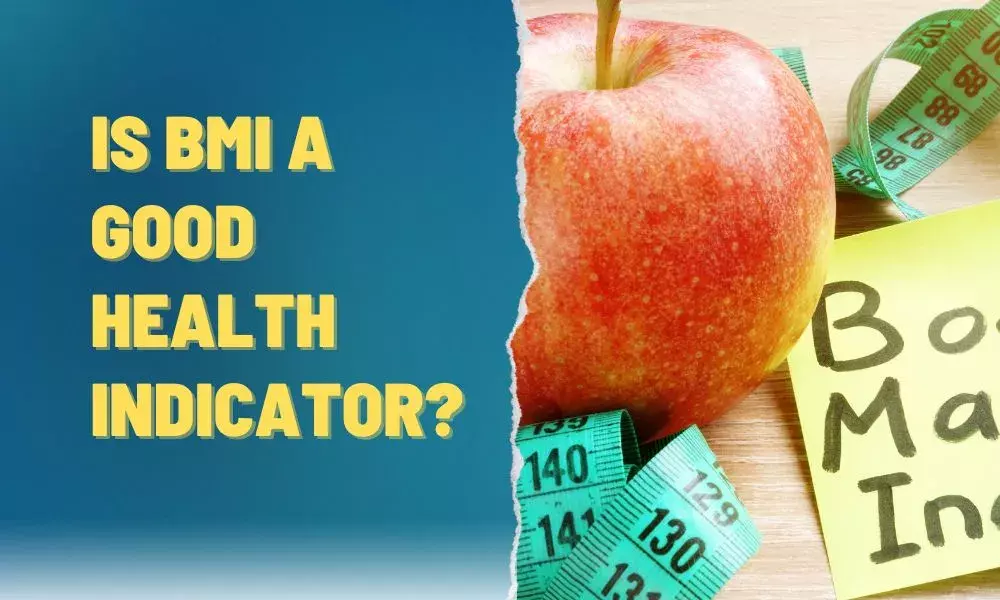Body mass index (BMI) combines a person’s height and weight to provide insights into the weight category that they might belong to.
BMI is often considered a benchmark to assess whether an individual is underweight or overweight. The BMI results indicate how appropriate is a person’s body weight to his or her height and whether that person should lose or gain weight to be healthier.
According to recent studies BMI results are not a good indicator about individual’s health*. As BMI method lacks a holistic approach in the calculation. In simpler words, there are downsides to using BMI to gauge a person’s health.
BMI is derived by dividing body weight by the square of body height. It classifies a person as obese, overweight, average weight, and underweight. Because of following five reasons BMI results should not be relied upon totally to asses one’s health:
-
BMI cannot differentiate between lean body mass, body fat, muscle, tissue, or fluid. Generally muscle and bone weight is more than fat, so a muscular or larger frame may have a higher BMI. It can also overestimate body fat in older adults or those who lose a lot of muscle.
-
BMI does not consider healthy behaviours. Habits like eating fruits and vegetables, getting quality sleep, drinking enough water, and being physically active most days are better ways to measure health.
-
BMI does not consider genetics. It does not represent the general population. For example, women naturally have more body fat and less muscle mass than men.
-
BMI can frighten people. It should not scare people, rather such tools should have encouraging approach. There is evidence that people with higher BMI have the same life expectancy as those with ‘normal weight.
-
BMI can cause weight bias. It is a common misconception that lower weight equals better health and being overweight means, an individual can never live normally.
There are better ways to measure your overall health in addition to using BMI. You must be attentive to a few indications your body may signal. You should seek answers to specific questions like:
-
Whether you feel energized throughout the day?
-
Whether you can sleep well?
-
Do you feel hungry, and how often?
-
Does your diet have green vegetables and fresh fruits?
-
What are your blood pressure, blood sugar, and cholesterol level suggesting?
-
Do you eat freshly cooked meals at home, or do you often eat outdoors?
-
Do you prefer drinking water instead of sugar-sweetened beverages?
-
Does your diet have fortified whole grains?
-
Is your alcohol intake more?
To sum up, if you want to understand how healthy you are, you should consider the above factors in addition to your BMI. A holistic approach that considers all aspects can help you know how well you are. The best way to stay healthy is to make long-lasting changes by setting small, realistic goals. You must consult a dietician or nutritionist to have a diet plan and exercise regime that your body may require for overall development.
Data Source: https://shorturl.at/JQSW5





